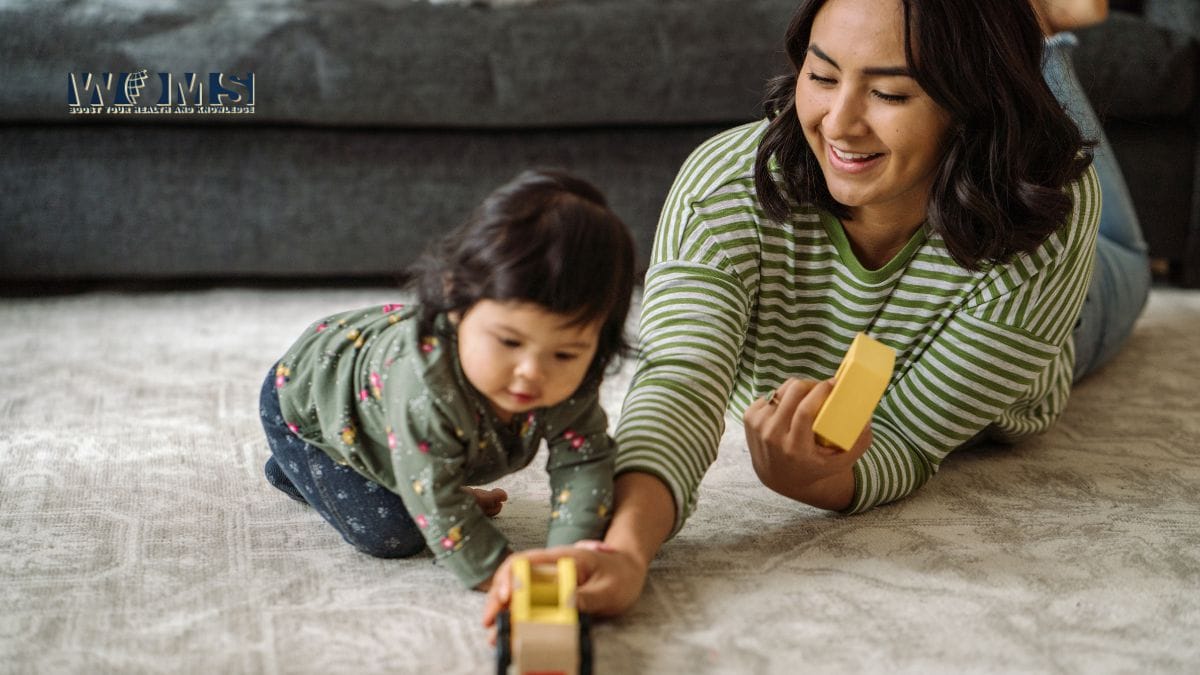Parenting Tips for the First Two Years of Life

No matter how prepared parents may believe they are, the first year of parenthood is never easy. It’s without a doubt one of the most difficult jobs in the world, if not the hardest. This is the time to improve your baby’s immunity by doing the right things and taking good care of your baby. In this article, we will discuss the best parenting tips for the first two years of life so continue reading this article.
Kids Between the Ages of 0 and 1
Before holding the baby, practice good hand hygiene because infants are still tiny and sensitive. Newborns are especially vulnerable in a pandemic-affected environment because they lack a strong immune system and are more prone to germs, bacteria, and viruses. Additionally, until the third or fourth month, it is crucial to support newborns’ heads and necks when carrying or holding them.
During their first few weeks as newborns, most babies have a consistent sleep pattern and only wake up to eat or change their diapers. Babies typically need to be fed every two to three hours until they reach a certain weight milestone, at which point they can be fed just when they cry for milk. Mothers or primary caregivers may find this pattern difficult, so it’s important to get some rest when the baby does.
Infants must be given access to all of their developing senses, including sight, sound, touch, and movement. Additionally, it encourages basic eye, leg, and hand movements. Infants gradually get the ability to control their behavior. Always smile when gazing into a child’s eyes. Infants respond mostly to facial expressions. Enjoy this stage by conversing with the infant in a quiet, calm voice to engage and interact.
Kids Between the Ages of One and Two Years
By this age, one-year-old babies begin to take care of a few of their basic needs and become quite adept at activities like trying to feed with their hands. Infants start watching their parents and trying to mimic what they do, including using a spoon, phone, hairbrush, etc., even if they may not get it right at first. Encourage the infant throughout this stage to make it feel at ease in the household.
Parents must help their infants throughout this developmental stage so they may adapt better because they are starting to make sounds, smile, and make hand motions.
Parents can offer their babies small chores that will teach them to recognize objects, places, etc., and ask them to find any object. To encourage their child to begin speaking a few words, in the beginning, parents must ask straightforward inquiries and always acknowledge their child’s attempts to communicate.
Baby can stop using diapers after 15 to 18 months and be taught how to use the toilet by the parents, allowing them to express themselves before starting playschool.




